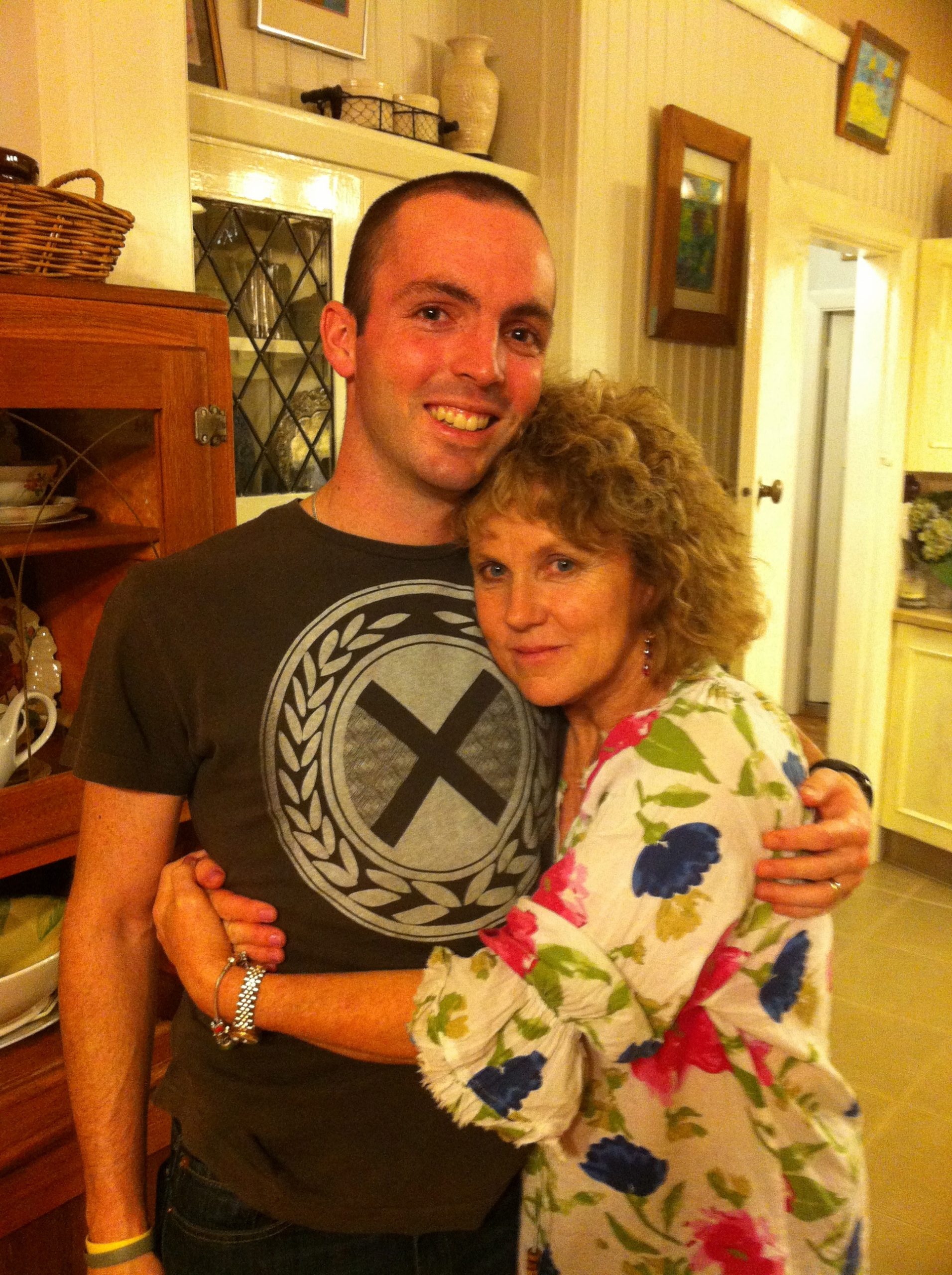Talking with Lucy Haslam, co-founder of the Australian UIC Medicinal Cannabis Symposium
In 2022 UIC is back! There is strong support from the industry. The speaker line-up of th Australian United in Compassion symposium (UIC) is diverse, as are the topics.
The UIC started in 2014 and its symposium is since then well attended by industry, health professionals, government regulators and patient advocacy groups. Bedrocan first attended UIC in 2016. Then, the industry was fledgling in status. All health practitioners were new to prescribing, and the Australian TGA was preparing to publish TGO93 (quality standard) and SAS prescribing guidance.
UIC’s focus has always been on ensuring access to quality herbal material and full-spectrum extracts medicines, and engagement with health professionals.
Bedrocan caught up with Lucy Haslam – UIC co-founder – to see where it all started and what lies ahead.
What did UIC represent back in 2016?
“UIC represented patients struggling not to be forgotten in the political arena. The discussion had changed from exercising compassion to enforcing regulations. We were still very much trying to battle the mantra that harped on constantly about the lack of evidence, and the devaluation of the lived patient experience.”
What role does UIC represent today?
“In some ways, our position hasn’t changed much. We continue to struggle to ensure that barriers to access are removed.
In 2022, we have a rapidly evolving industry where many participants are not even aware of the patient-led campaign that went before the birth of the industry. Some in the industry have a determined focus on profits; they undervalue the patient as their customers and only give them recognition when it relates to their bottom line.
UIC today tries to remind the industry that patients should come first, and that ethical industry practice will be rewarded in the longer term. UIC still promotes education because that is a void that has remained since the change in legalisation. The regulation around advertising and the lack of public information demonstrate the failure of government to accept the reality of medicinal cannabis use in the broader community.”

Since 2016 you have been in a leadership role and the face of UIC. What are you most proud of?
“It has been a hard road. The key achievements would be raising public awareness and acceptance of medicinal cannabis, but with the knowledge that there is still much to be done in removing the stigma and ongoing barriers.
Changing the law in Australia was briefly rewarding until the legislation revealed the potential for many problems. These problems, predicted in 2016, have indeed emerged. These unnecessary obstacles have impacted most heavily on patients, who were the very reason for changing the legislation in the first instance.”
Are there unmet needs with regard to patient access?
“Many eligible patients still rely on the ‘green market’ [illegal market] because of cost and ease of the process. The price disparity is improving, but cannabis remains outside the reach of many due to the regulatory limbo which sees it as ‘approved yet unapproved’ in Australia. Consequently, it is not able to be subsidised by the Government.
Paediatric epilepsy patients who are not suitable for Epidiolex (the only registered product) cannot afford the exorbitant costs of the quantities they require. They are frequently still relying on the ‘green market’.
Patients who need to drive still have to choose between ‘driving and risking criminal prosecution’ or ‘not having medicinal cannabis as medicine’. That should never be the reason to make a health determination, and the laws need urgent fixing as they are discriminatory and unscientific. Many cancer patients are using cannabis in ways unapproved by the TGA. The regulations do not reflect reality, which puts patients outside the care of their doctors when that care is most needed.”
Are there unmet needs with regard to medicine quality?
“Australia opted for allowing cheaper imports to fill the need until the local industry was established. That created a dual system whereby local producers were held to a higher standard than imported products, which is now being addressed following many complaints.”
Are there unmet needs with regard to education?
“Education is beginning to be sought out, and there is progress in the number of prescribers accessing it.
The roadblocks here seem to be more at the College level [health professional societies], and one can only assume that this is political and based on the vested interests and/or personal biases of individuals.”
Cannabis-based products are increasingly being prescribed in Australia. Do you think cannabis is now being seen as a medicine?
“For many people, cannabis is a very valuable medicine. Additionally, for many like me, it represents the battle for truth that seems so readily diluted when vested and commercial interest is involved.
Patients who use cannabis are still largely struggling for respect and recognition that their choice of medicine is validated scientifically.
We are on the road, but far from where we should be – which is where patients can easily access affordable medicine and not be punished or discriminated against for doing so. I still hold the belief that once human interference is removed from the mix, cannabis will one day be considered a wonder drug by the medical community and not just by the patients who use it.”
Find out more about UIC
Interested in attending UIC? There are still tickets available for the sunny Queensland symposium.
Bedrocan will host an industry booth, and will also speak at the General Symposium on the topic of ‘quality in cultivation’, Saturday 21 May 2022.
Subscribe to our newsletter
Stay informed with our latest updates by subscribing to our newsletter for exclusive news and compelling content. Rest assured, we prioritize the integrity of your inbox, delivering quality over quantity, with newsletters dispatched judiciously.






